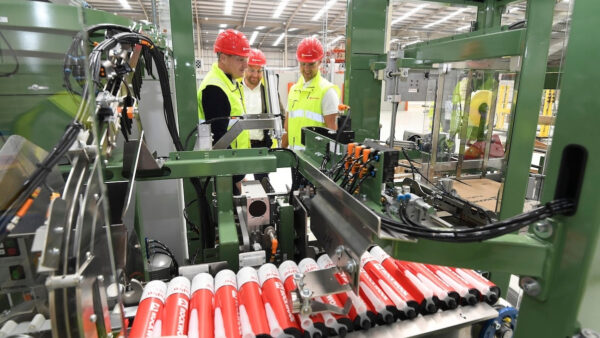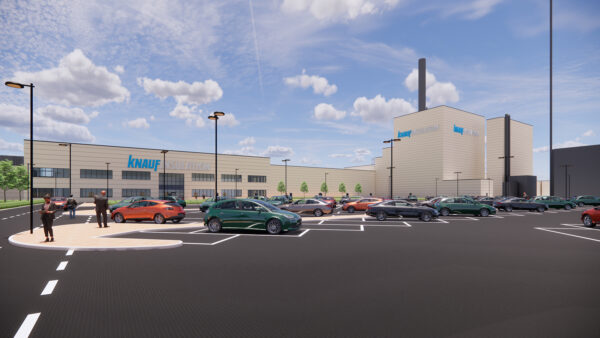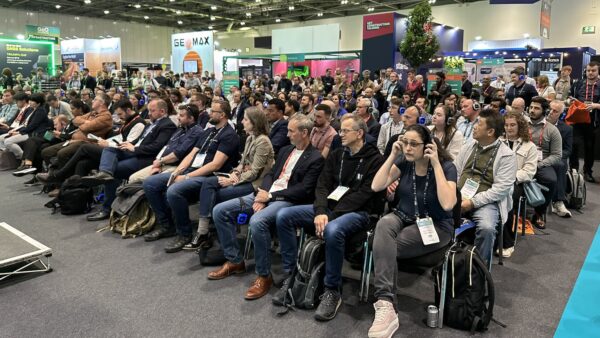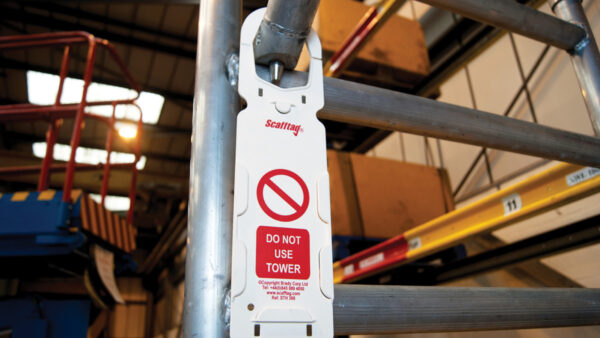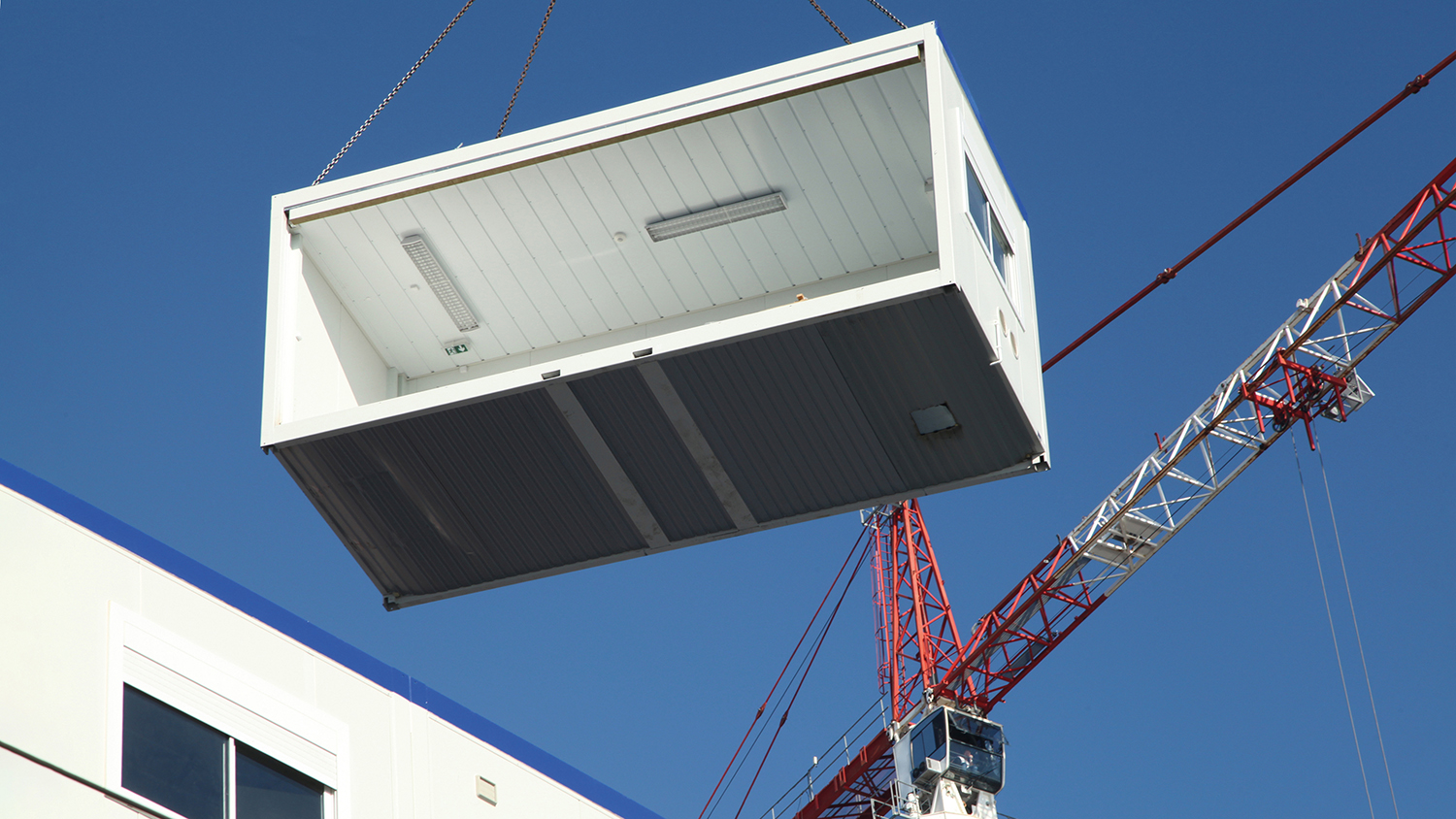
The award-winning Seismic project aims to tackle the manufacturing issues around offsite construction and modern methods of building.
Despite being one of the largest sectors in the UK economy, turning over nearly £400bn a year and employing more than three million people, construction suffers from historical problems which are holding back its potential.
Margins are low, productivity is poor, innovation is rare compared with other industries. The workforce demographic is high with skills in short supply, and the industry has shown a resistance to accepting technological advances.
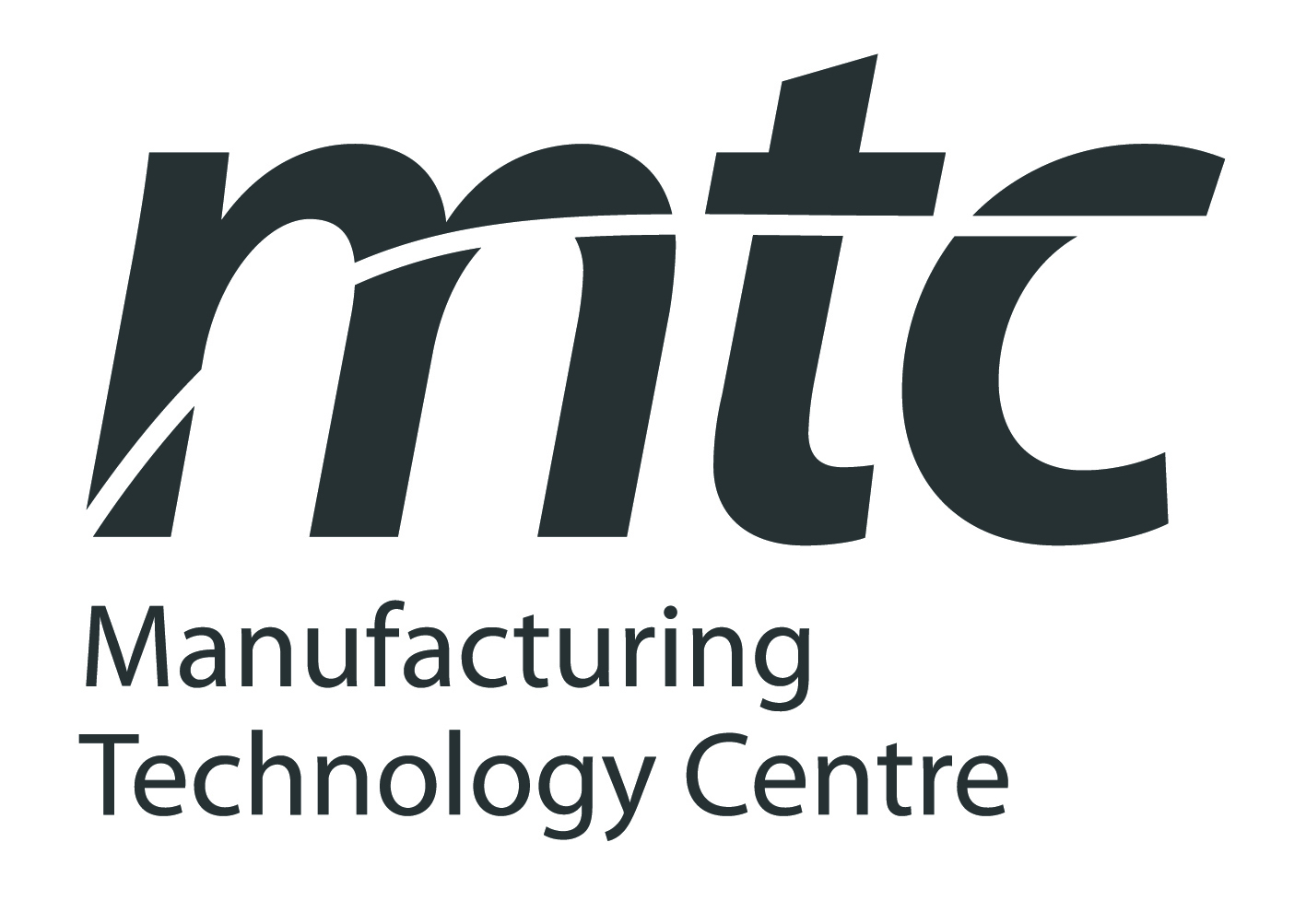
That’s the bad news. The good news is that things are changing. And with a huge national infrastructure pipeline of schools, hospitals and public buildings to be delivered, that change can’t come soon enough. The need for improvements in quality, consistency, productivity, net zero performance, cost and efficiency in the manufacturing processes that support modern methods of construction is urgent.
Operational effectiveness
The construction sector needs to enhance its operational effectiveness and reduce its carbon footprint. Modern methods of construction offer significant opportunities to improve operational performance, re-engineering products and processes.
These methods allow the design, manufacture and assembly of 2D and 3D components that integrate structure and internal fit out into a single building process, fundamentally changing the construction process, for example provided by the Seismic platform technology. As a result, modern methods offer significantly enhanced operational efficiency and carbon footprint reductions.
The Seismic project has developed modern construction products and manufacturing processes. Led by the Seismic Group, the Innovate UK-funded project consortium includes the modular construction companies McAvoy, Algeco Group and Tata Steel UK, in addition to research and technology partners including the Manufacturing Technology Centre (MTC), Swansea University and the National Composite Centre.
Platform technology
McAvoy and Algeco Group are using the Seismic platform technology in current projects and see significant benefits. For example, Algeco has seen a fourfold increase in frame production. Early operational data and MTC research indicates that the operational efficiency has the potential to double for every CMC level as changes are made.
As part of the project, the MTC developed a framework to build capabilities for modern design and construction. The Capabilities for Modern Construction (CMC) matrix describes in seven levels the step-by-step development of key organisational and technological capabilities required to introduce or enhance the abilities of an organisation (see above).
The Seismic project showcases how the project partners used the CMC methodology to understand their product, process, design, quality and continuous improvement capabilities. In addition, the project shows how the data was integrated to identify gaps and develop a programme for the development of modern construction capabilities.
The CMC data documents the challenges McAvoy and Algeco Group experienced in the development and deployment of modern construction methods.
CMC capabilities
Evidence from operational modelling shows that investment in CMC capabilities can be offset by significant operational efficiency gains. The model estimates that efficiency improvements can be made in the order of 40% to 140% for construction businesses that operate at CMC levels 3 to 5, when compared to traditional construction businesses that operate at CMC level 1 to 2.

The experience and data from the Seismic project serve to highlight issues that the construction sector needs to address. The sector should look for opportunities for cross-sectoral knowledge transfer and also develop sector-specific approaches for business transformation and continuous improvement.
Modern methods of construction offer the construction sector a huge transformation potential by adopting proven processes, innovation, methods and philosophies from other manufacturing sectors.
The CMC matrix tool developed by the MTC can deliver major improvements as well as reducing costs, reducing development time, improving efficiency and productivity, contributing to improvements in safety, quality and environmental performance and de-risking construction projects.
Common approaches
This approach to planning for manufacturing improvements will make a major contribution to building programmes of the future, establishing common approaches to address challenges, removing duplication of effort and creating a standardised framework.
Design for Manufacturing tools and techniques will allow concepts and plans to be fully explored and validated in a virtual environment before a penny of investment is committed. Precise costings can be confidently established using process cost modelling. Environmental impact can also be modelled, as can an effective supply chain.
All of these tools and techniques, if adopted by the construction sector, will transform the entrenched practices and mindsets which have held the industry back in the past.
The Development of Capabilities for Modern Construction (CMC) White Paper detailing the outcomes of the Seismic II project can be read in full here: www.the-mtc.org/seismic2-CMCwhitepaper.
What companies can learn from Seismic II
The Seismic Capabilities for Modern Construction (CMC) data provides key insights for construction companies that intend to develop modern construction capabilities. These face two key challenges:
- The key technological challenge is to change product design and manufacturing processes from a traditional two-step process in which the frame is built first, followed by fit out, to a modern product design and assembly process that integrates the assembly of structure and fit out. Development of a product that achieves this is the main technological step change that enables organisations to progress from traditional to modern construction methods.
- The key organisational challenge is to deploy these new products and processes into businesses. Observations made for McAvoy and Algeco Group suggest that companies need to complement the deployment of CMC products and processes with an organisational transformation programme, to align and integrate the activities of all teams that contribute to new product and manufacturing process development.


